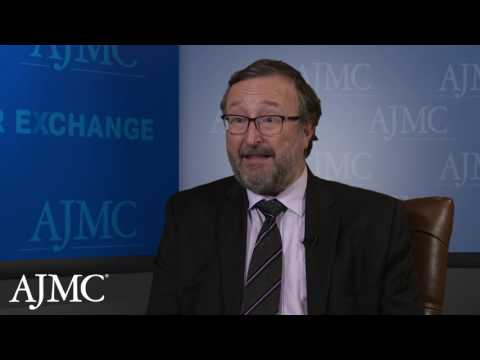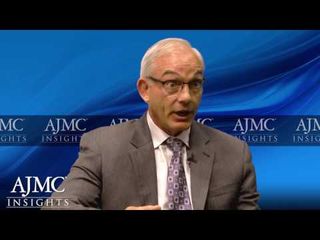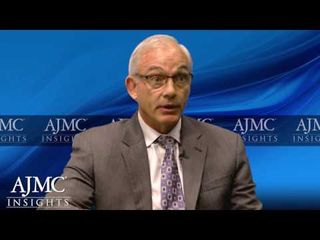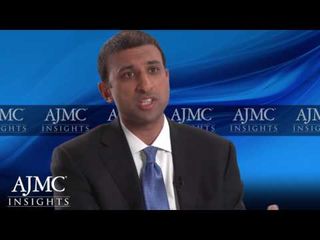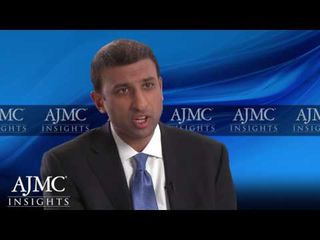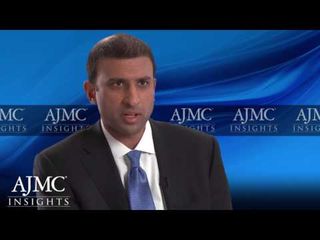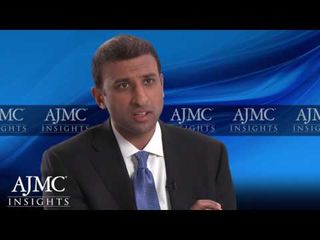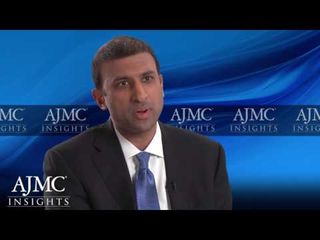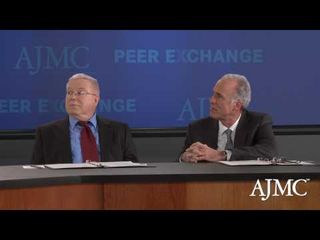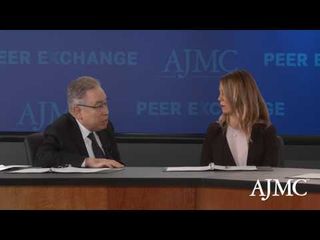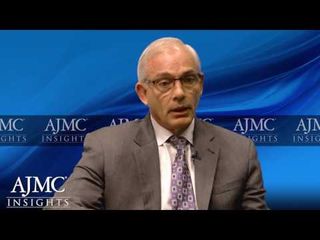
Clinical
Latest News
Latest Videos

CME Content
More News
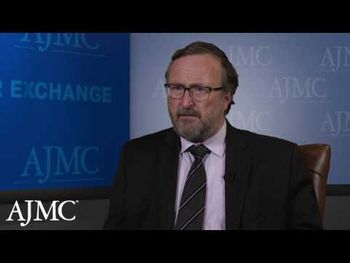
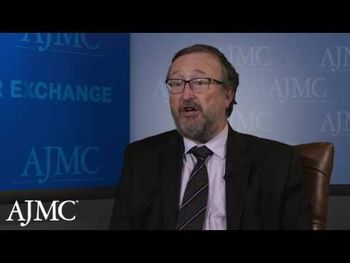
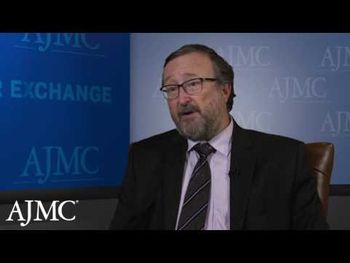
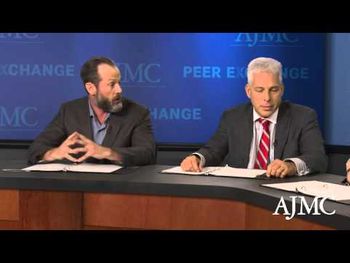

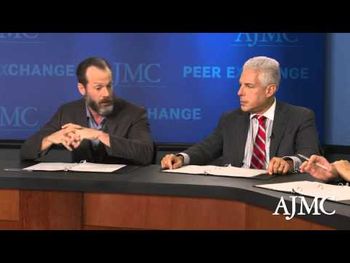
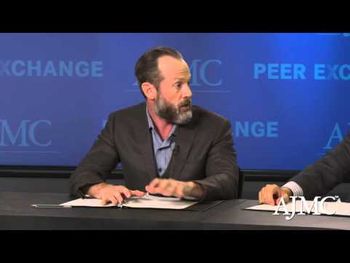
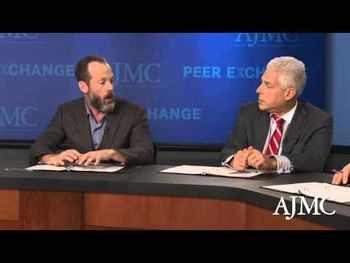
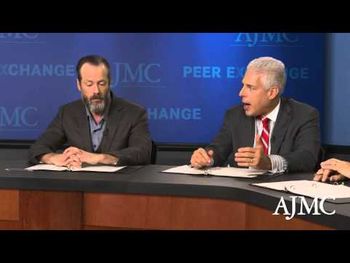
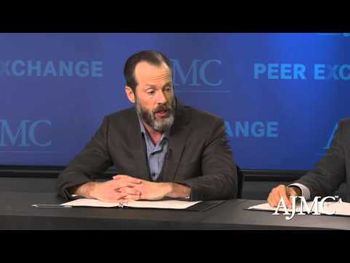
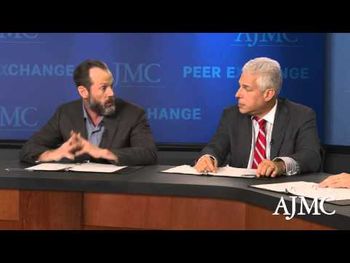
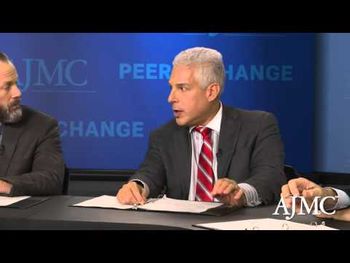
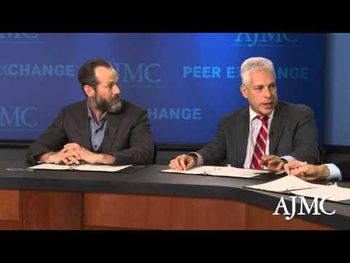
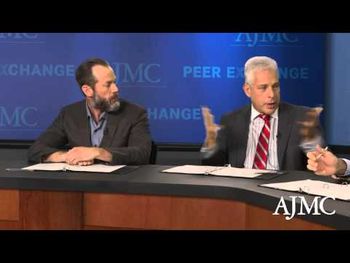
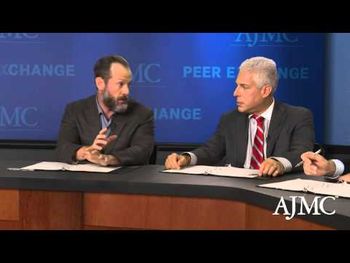
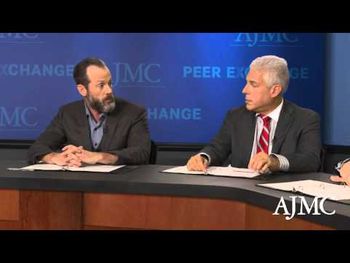

With an increasing population of head and neck cancer survivors in the United States, the American Cancer Society identified the need to develop survivorship guidelines that can lend support to primary care clinicians and other health practitioners as they care for survivors.

Chemotherapy-induced neutropenia is a common adverse effect in children with cancer, yet there are less serious causes of febrile neutropenia for which extended in-hospital treatment might be unnecessary.

Smartphone personal voice assistants, such as Siri and Cortana, often fail to provide appropriate information when asked questions about mental health, rape, and domestic violence.

"Our analysis suggests that annual screens may not be warranted for patients who have had an initial negative scan, and future risk prediction and cost-effectiveness models could incorporate these data to improve screening guidelines," said the study's lead author.

A new study in JAMA Internal medicine has found that the concurrent use of interacting medications has increased since 2005 and that 15% of older adults are potentially at risk for a major drug-drug interaction.

US hospitals continue to have high healthcare-associated infection rates according to a joint report by the Leapfrog Group and Castlight Health.

Analysis of data on nearly 27,000 patients with rectal cancer found distance from site of radiation therapy, along with a few other factors, could significantly impact the possibility of the patient receiving treatment.

Based on the review of additional data submitted by Janssen, an appraisal committee from the National Institute for Health and Care Excellence (NICE) has finalized a guidance that recommends abiraterone for use in some prostate cancer patients prior to chemotherapy.

Standard ways of assessing depression risk may not work as well among black adults as white adults, according to the results of a long-term study.

